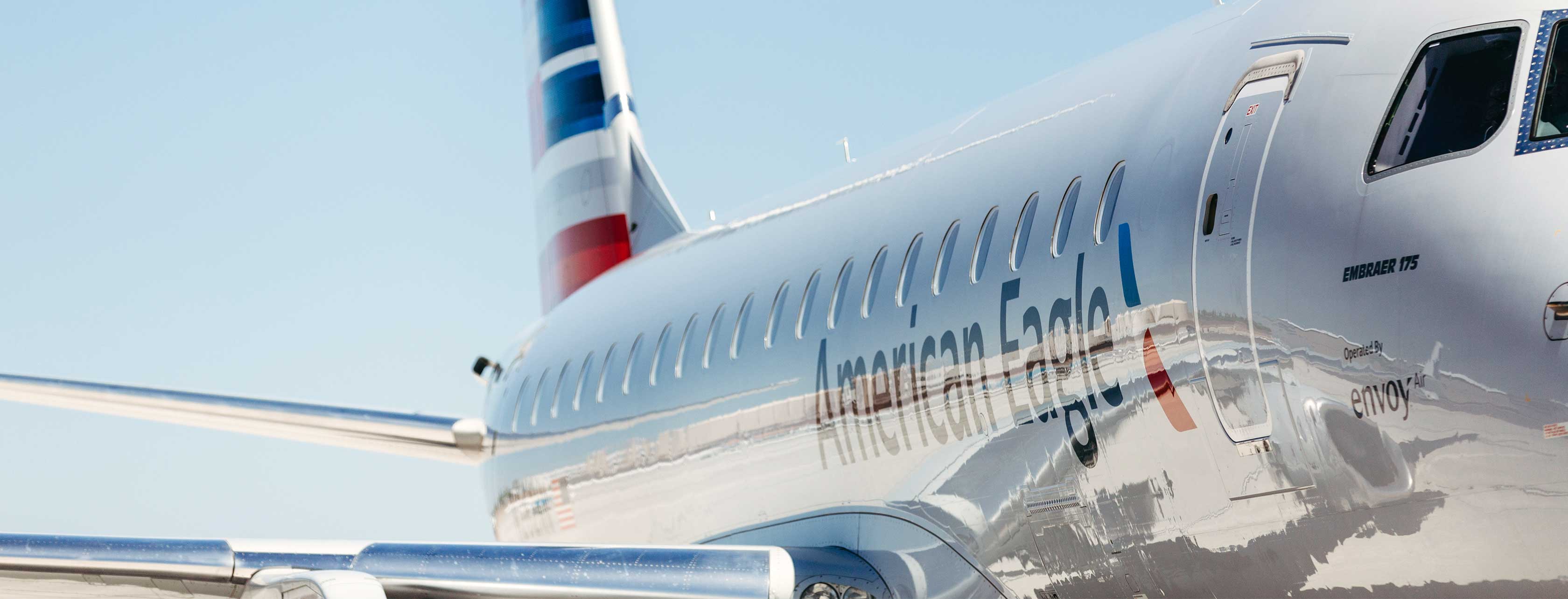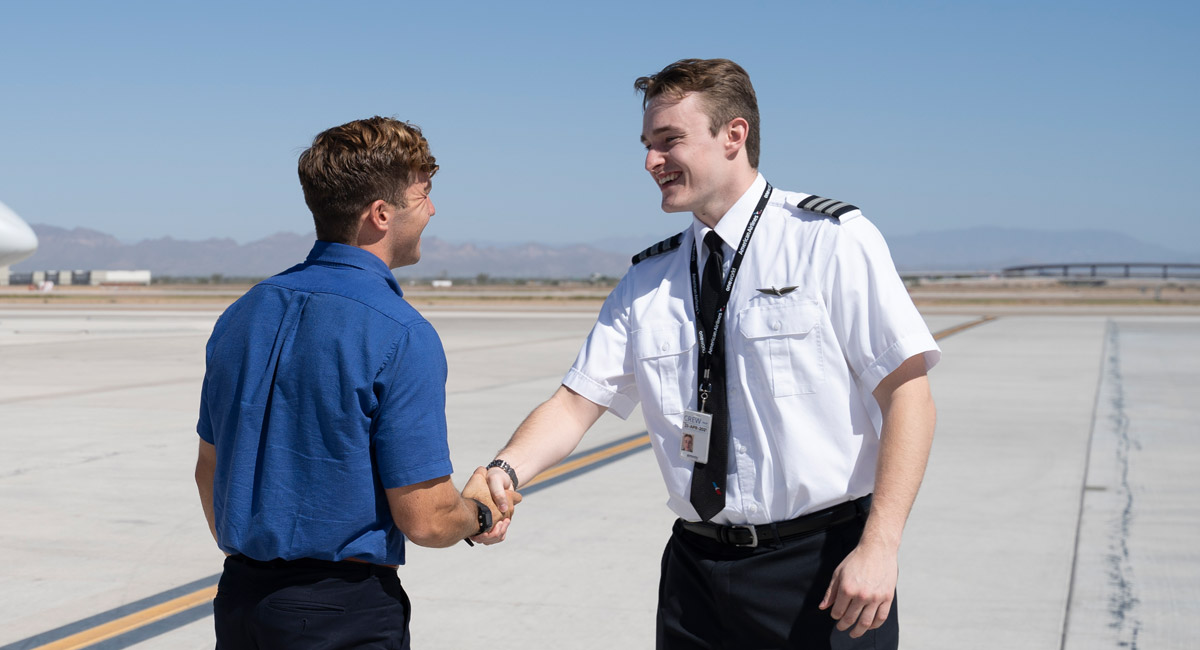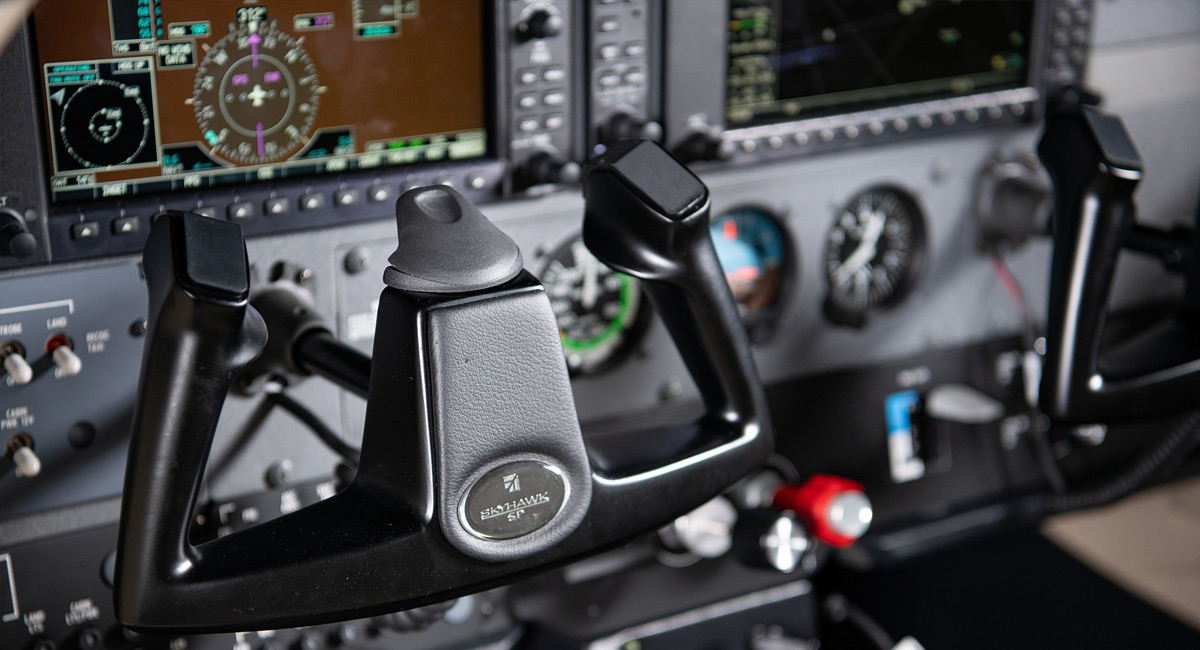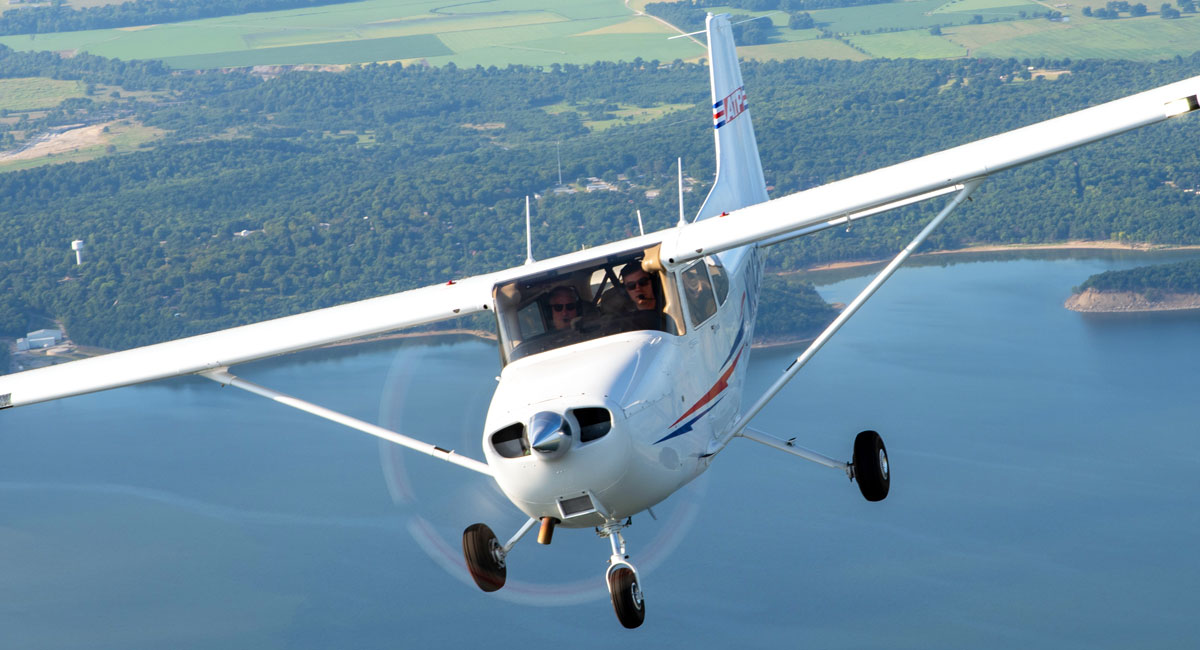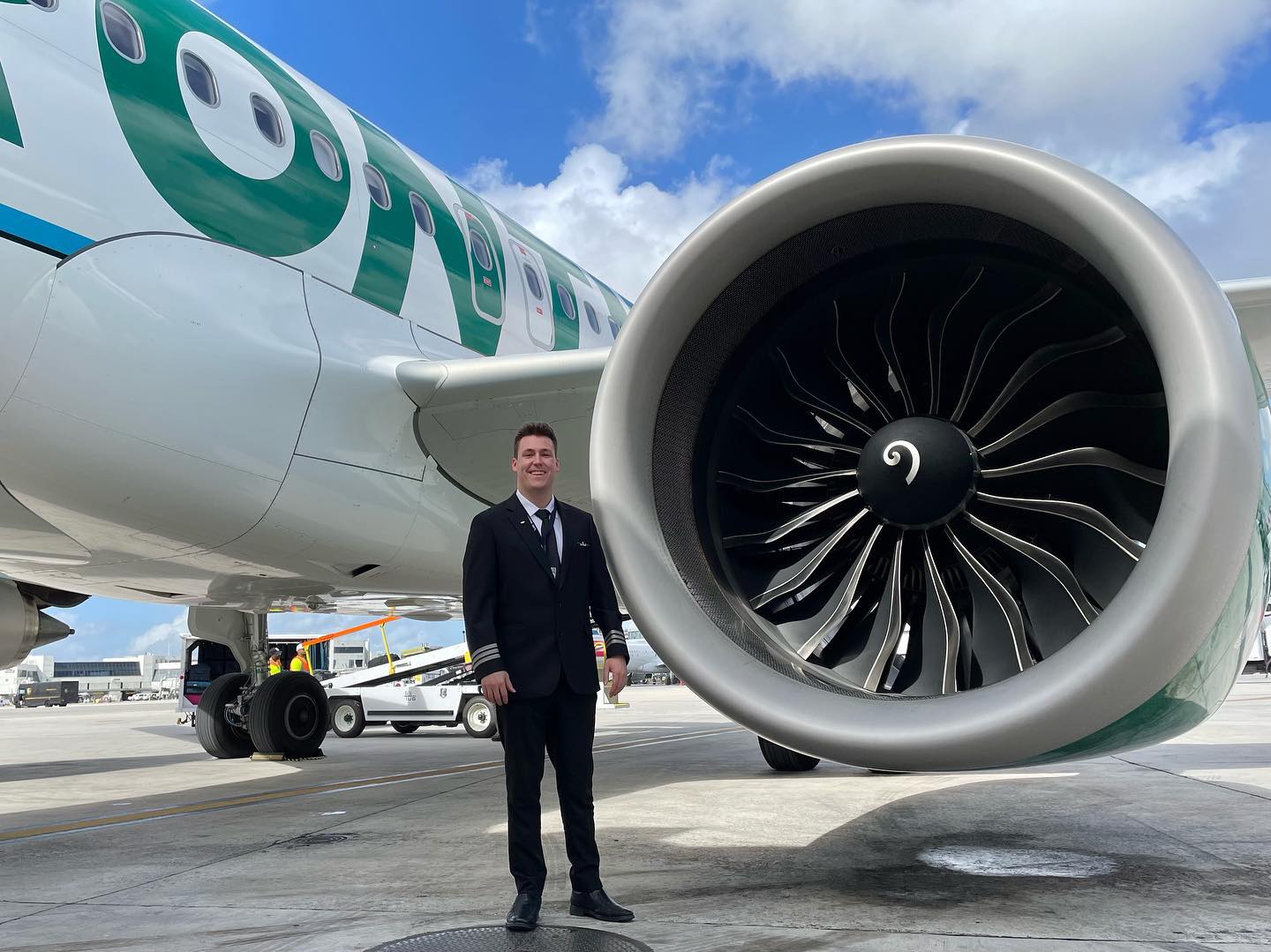How to Become an Airline Pilot Steps and Requirements for Becoming an Airline Pilot
You can become an airline pilot. Here is everything you need to know about becoming a commercial pilot starting with no previous experience.
Step-by-Step Guide What are the steps required to become a commercial pilot?
Becoming a commercial pilot is a structured process that involves several key steps, each designed to build your skills and experience as you progress toward a professional pilot career. The journey begins with flight training and earning a private pilot certificate, which introduces you to the fundamentals of flying and aviation safety. As you gain flight hours and experience, you’ll move on to more advanced training, including obtaining a commercial pilot certificate. Accumulating sufficient flying hours is essential to qualify for airline pilot positions, and many aspiring pilots build these hours by working as flight instructors. This certification allows you to be compensated for your flying and opens the door to a variety of career opportunities in aviation. Throughout your training, you’ll work with experienced instructors, log valuable flight hours, and use a simulator to practice flight procedures and emergency scenarios in a controlled environment, helping you develop the knowledge and skills needed to become a successful commercial pilot.
-
Step 1
1. Earn Private Pilot Certificate
The first step in becoming a commercial pilot is to earn a Private Pilot certificate, issued by the Federal Aviation Administration (FAA). Starting in a single-engine airplane, this stage of training focuses on the fundamentals and sets the foundation for more advanced certificates and ratings.
-
Step 2
2. Add Instrument Rating
After becoming a private pilot, the next step is to earn an instrument rating which allows a pilot to fly under Instrument Flight Rules (IFR) and in all kinds of weather.
-
Step 3
3. Earn Commercial Pilot Certificate
Next is earning a Commercial Pilot certificate. Pilots must meet specific experience requirements and fly to a higher standard in order to become commercial pilots, which ultimately allows them to legally be paid to fly.
-
Step 4
4. Earn Flight Instructor Certificate
Once the commercial pilot requirements are satisfied, obtain a Flight Instructor certificate. Becoming a certificated flight instructor (CFI) allows pilots to earn a living flying, while they earn the flight experience required by the airlines.
-
Step 5
5. Add Multi-Engine Rating
To fly large passenger airliners, pilots must add multi-engine privileges to their pilot commercial certificate. Adding a multi-engine rating to the Commercial Pilot certificate is the final step before building experience to meet hiring minimums.
-
Step 6
6. Gain Experience & Interview
Flight instruct to gain the type of quality and relevant flight experience necessary to meet the requirements of the Airline Transport Pilot (ATP) certificate, which commercial pilots are required to hold and includes a minimum of 1,500 hours total flight time.
Between 500 and 1,500 hours of total flight time, interview with your desired airline for the position of First Officer. Airlines typically conduct both a technical interview and an HR interview. Upon successful completion, you will receive a conditional offer of employment.
-
Step 7
7. Commercial Pilot Job
Upon meeting the requirements of the Airline Transport Pilot certificate, you are eligible to fly as an airline pilot and will meet the hiring minimums of most regional commercial airline pilot jobs. ATP's Airline Career Pilot Program can take you from zero time to airline pilot job in . View the training timeline »
If your career goal is to get a job flying for American Airlines, learn about how to participate in the cadet program and become a pilot for American Airlines. While the typical career progression is to first fly for a regional airline, then advance to a major airline, direct programs allow you to go straight to select major airlines at 1,500 hours. These programs include the Frontier Pilot Cadet Program, Spirit Direct Program, and more.
